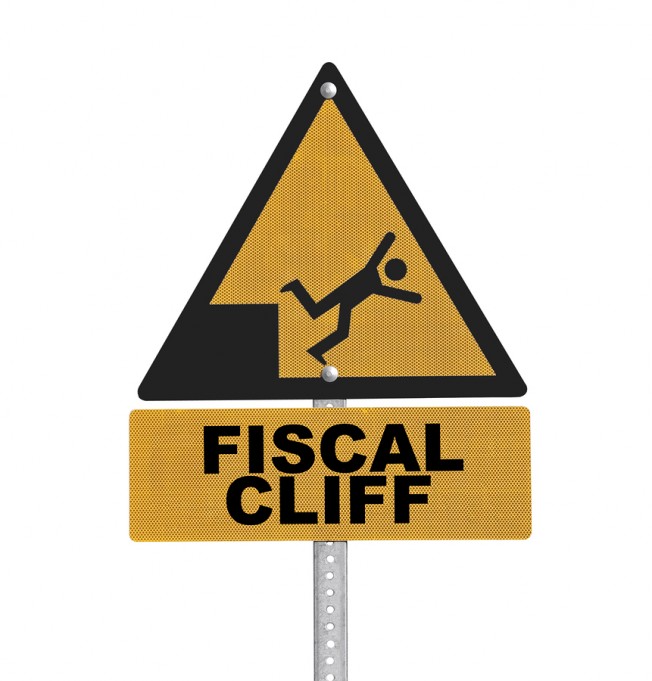 With the economy looking less hostile by the day, many former investors are dusting off their savings accounts and looking for ways to get their money back into the market. Be it in stocks, bonds, treasuries, real estate, currencies, commodities, options, and so on, the end of negotiations over the fiscal cliff presents a solid opportunity to get a sense of how the American markets will be affected years down the road.
With the economy looking less hostile by the day, many former investors are dusting off their savings accounts and looking for ways to get their money back into the market. Be it in stocks, bonds, treasuries, real estate, currencies, commodities, options, and so on, the end of negotiations over the fiscal cliff presents a solid opportunity to get a sense of how the American markets will be affected years down the road.
Similarly, it is a chance for those inclined to start investing with to consider the upcoming changes and their effects. Here are a few tips to keep in mind if you’re looking to get back into investing.
1. Slow and steady wins the race.
While the prospect of a short turnaround will always be appealing, you’ll more often than not end up fighting a losing battle if your only goal for your money is to make a quick profit and get out. Instead, look for long-term growth opportunities within the markets you plan on investing in, focusing on stable projects with foreseeable futures. While there will always be get-rich-quick opportunities, going with safer alternatives provides a much higher margin of success than high-risk, high-reward ventures, and will ultimately leave you just as well off.
2. Know what you want your money to do before investing it.
Like with any good project, goal-setting is an important aspect of becoming a successful investor. Don’t invest with merely an abstract idea of what you want out of your investing. While your goal will always boil down to wanting to turn a profit, it’s important to establish just how much of a profit you want to make; having a set goal allows you to regulate how much you’re willing to devote to your investing and gives you a framework for establishing exit strategies in case of stagnation.
Additionally, know what you‘re making the money for. From generating enough capital to finance further investments to making money for a child or grandchild’s college tuition, having a solid idea of where that money will eventually be going allows you to make clear, rational decisions about your investments. If you know what it’s for, you know when you’re at “not enough” or “too much”, and can adapt your portfolio accordingly.
3. Research!
The importance of researching your investments cannot be overstated. Researching a potential avenue of investment consists of two distinct parts: the initial assessment and the follow-through. When you’re first looking to invest in a new project, you’re going to put the majority of your effort into getting to understanding the venture as thoroughly as possible, but once you’ve done so it’s simply a matter of keeping tabs on both regulations that affect your investment and the investment itself. The better informed you are, the better you can anticipate how market trends will impact your specific portfolio, and maximize the potential of your investments.
Starting or restarting an investment portfolio may seem like an intimidating task at first, but as long as you remember to avoid rushing it, plan for your money, and research your prospects you’ll gain a level of control over your investing that makes it seem less like a lottery and more like a long-term plan. If you’re unsure about your options, consider working with a financial advisor, as someone who can help you achieve your goals and educate you on other ways to maximize your investments.

